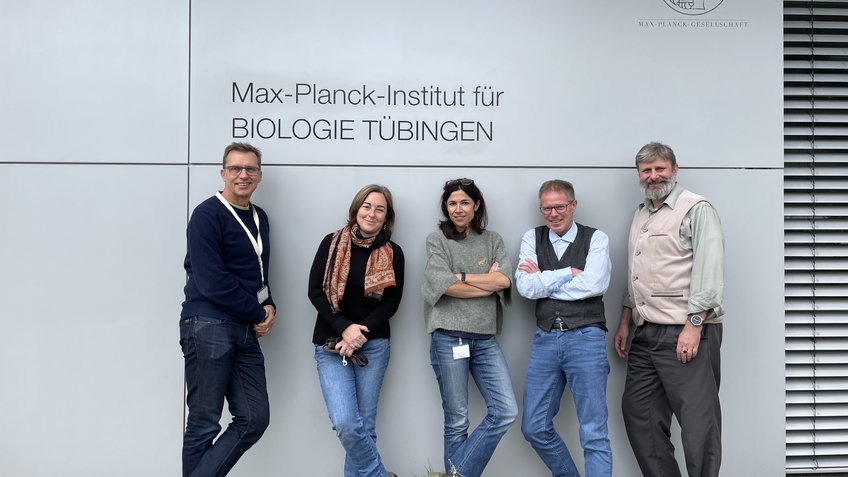
Directors
Scientific Members of the Max Planck Society
The primary goal of the Max Planck Society is to promote research at its own institutes. It is not a government institution although it is funded to a large extent by the federal and state governments. Instead, it is a registered association and has its registered seat in Berlin. The Administrative Headquarters and office of the President are located in Munich. Members of the Max Planck Society include the Supporting Members, the Honorary Members, and the ex-officio Members. Other members include the appointed Scientific Members to the Society, who are usually institute directors.






